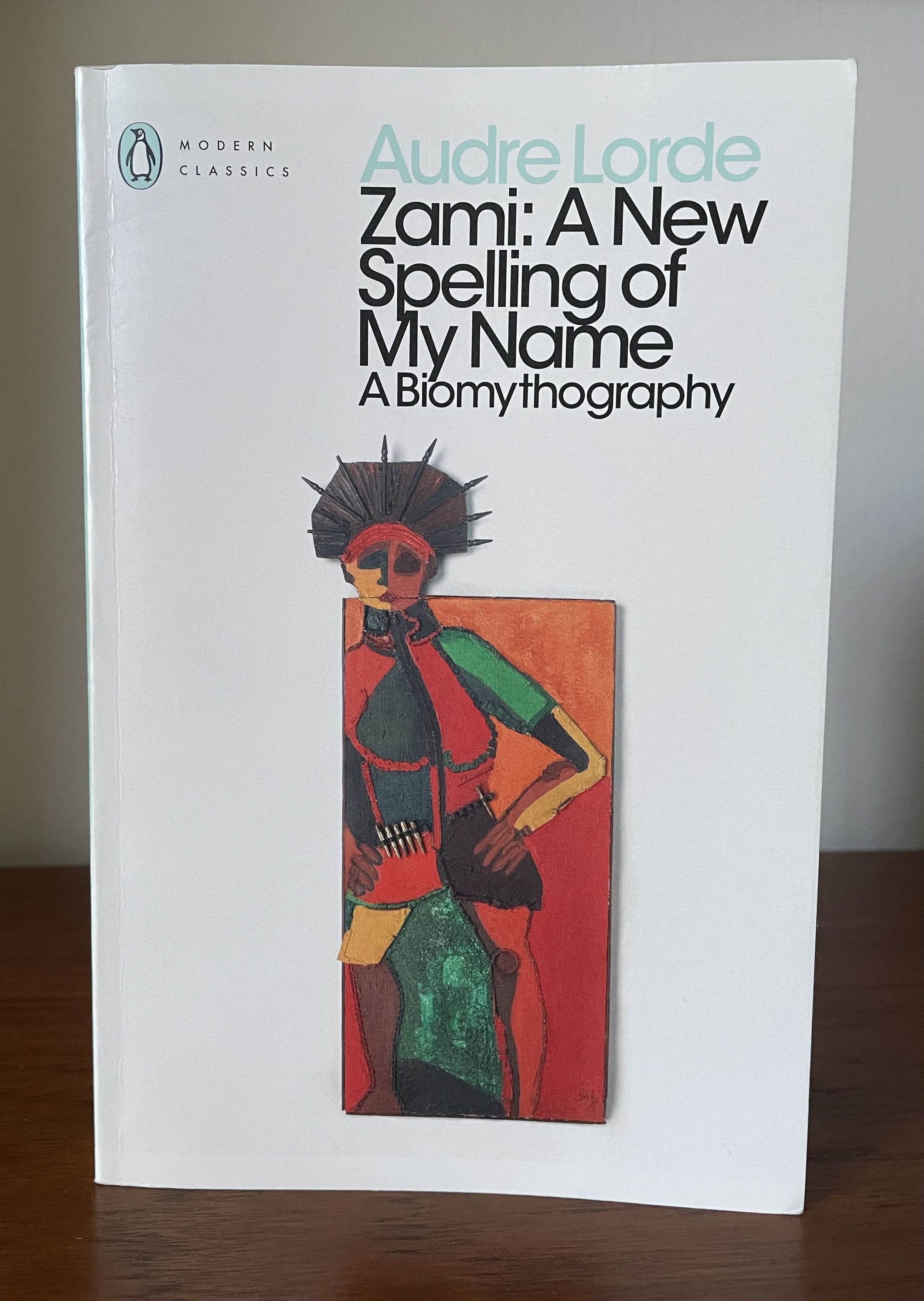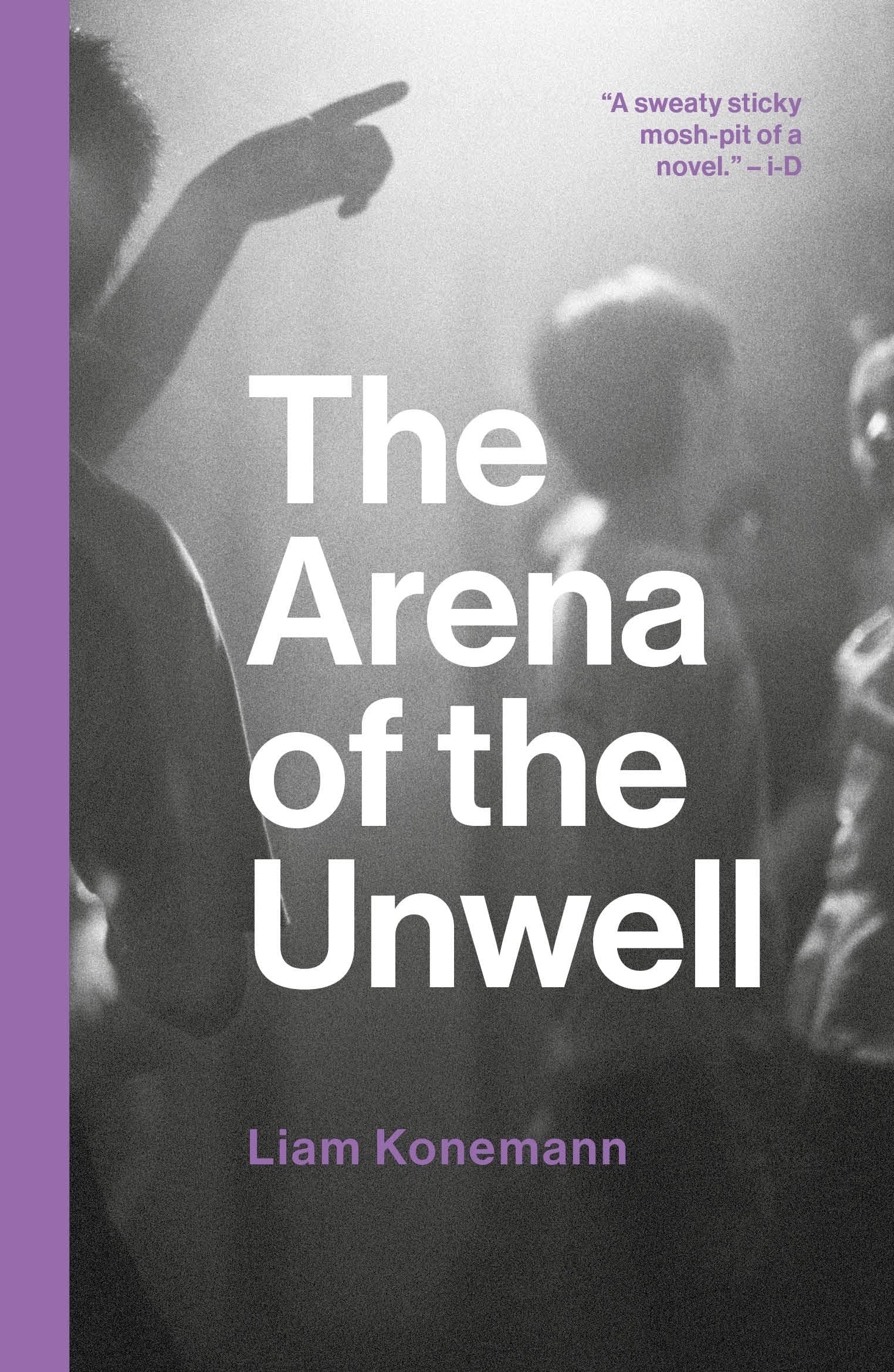I feel lucky that my husband and I have always fully agreed that we don't want to have children. For some couples this can become a difficult and painful subject. Such is the case for the protagonist of “Boulder” and her partner Samsa. Because the narrator had previously been living an isolated life working as a cook on a merchant ship, Samsa nicknames her Boulder like “those large, solitary rocks in southern Patagonia, pieces of world left over after creation”. Upon meeting the women immediately form an intense emotional and sexual connection. So, when Samsa is offered a good job in Reykjavik, Boulder is persuaded to give up her nomadic lifestyle and settle down. After several years Samsa is determined to have a child and Boulder hesitantly agrees. This novel follows the complications this causes in their relationship and raises larger questions about the meaning of life especially in regards to procreation. It's written in a poetic and briskly engaging style full of verve and insights.
It's interesting how Boulder's philosophy of life is disrupted by the challenge of partnership and parenthood. For most people, settling down is a stage which naturally follows from a rootless existence. But she believes “The destination always kills the journey, and if we have to reduce life to a story, it can only be a bad one.” Equally she shuns any attachments believing “I can give anything up, because nothing is essential when you refuse to imprison life in a narrative.” This ethos is contrary to what mainstream society promulgates concerning the matters of a stable job, life partner and starting a family. So it's striking how Boulder feels irresistibly drawn towards Samsa and their bond challenges her essential nature. This is described in deeply evocative prose: “The intense heat of Samsa's body is rhythmic, it reaches my skin in waves that wash over me the way a murmuring tide washes over a lone rock, bringing in something new each time – a tale of shipwreck, a ship buried in the sand, calm and quiet at the bottom of the sea.” I admire the rich descriptions which not only invoke the heat of their connection but the gradual shift in Boulder's psychology.
The metaphor inherent in Boulder's nickname is worked into the texture of this book. She doesn't feel connected to the story of our species so becoming a mother and entering into that narrative is deeply uncomfortable for her. This isn't just a queer perspective because clearly Samsa feels differently. However, I feel like it's a sense that many queer people strongly relate to since we often feel ostracised from the values of larger society and certainly many heterosexual people can feel the same. There's an interesting section where she goes to a museum and remarks “I'm not even interested in the sculptures – nude, still, deliberately feminine, wrested with every strike of the mallet from slabs of granite, from rocks that had once held meaning under the stars.” For her, propagating the species takes away from the inherent value of life for life's sake. She didn't ask to be created; she simply exists and doesn't feel obligated to ensure anyone will continue on from her. Also, as with many couples who become parents, her emotional and physical relationship to her partner dramatically changes once they have a child. The growing distance between them is palpable.
I found it very moving how the storyline evokes gradual but seismic shifts which occur between them and within Boulder herself over a long period of time. It takes a lot of skill to convey immense and complicated feelings through such economical prose. While the ideas of the book seem weighty, there's also a lightness in this story demonstrated in the feverish desires which takes hold of Boulder and the humour of her drinking partner Ragnar who had many wives and children. “Wife number three had amazing tits. Creamy as skyr, he says. The man's a poet,” Boulder wryly comments. I found this description which invokes Iceland's famous yoghurt-like product so funny. Maybe I also strongly connected to this short, impressive novel because I feel sympathetic with Boulder's point of view. However, I don't think it's dogmatic in its message. Instead it offers an alternative perspective from the idea that existence only has meaning if you have children. It poignantly opens up a conversation about having children as well as the nature of life and how it should be lived.



























